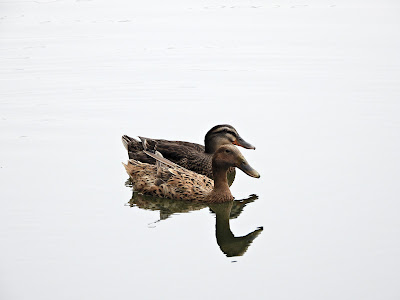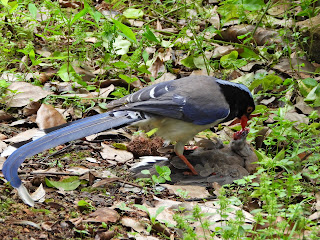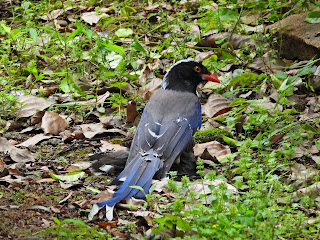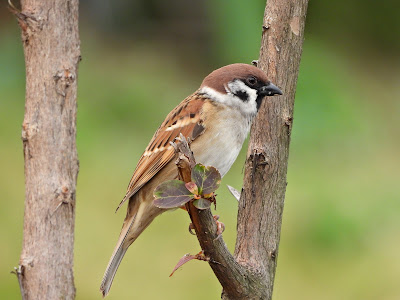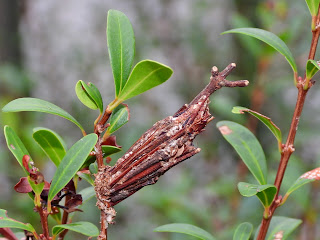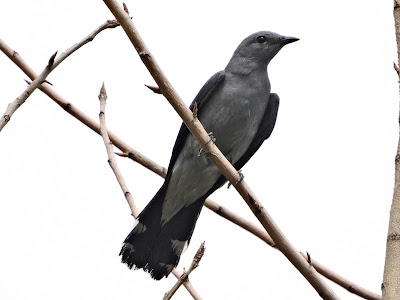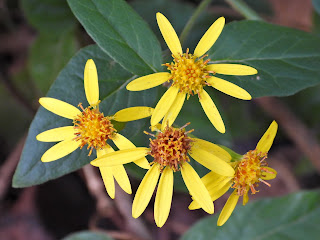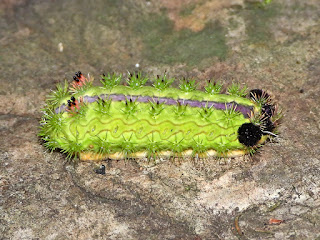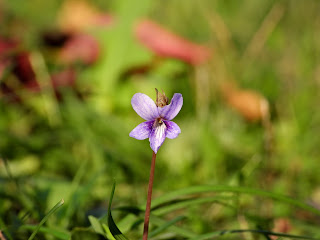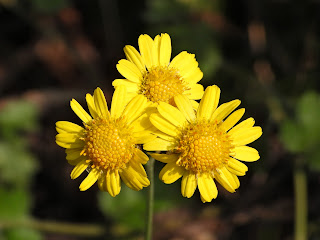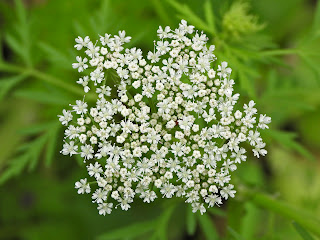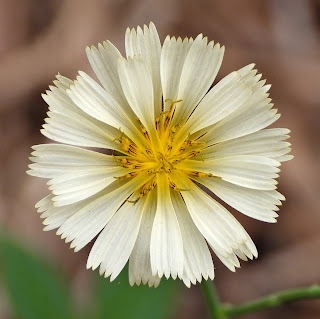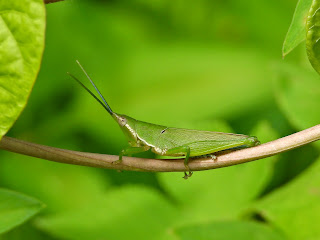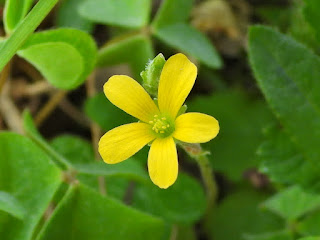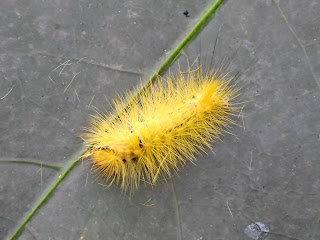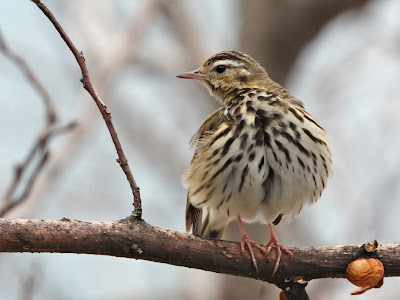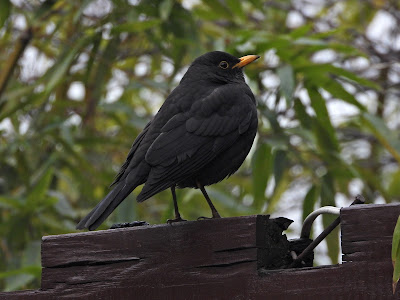Heinrich Bebel (1472-1518)
‘In regulum auiculam tempore frigido et hyemali cantantem.’
Regule parue ales partu genuisse sinistroHeinrich Bebel, Oratio ad regem Maximilianum (Pforzheim: Ex aedibus Thome Anshelmi, 1504), fol.Oiir. My translation.
Tereor alecto. sub phlegetontis aquis
Ut sileant cunctae volucres sub frigore brumae
Deliteatque suo vel genus omne specu
Solus ad innumeros numeros modulamia fundis
Vocesque multisona gaudia multa refers
Hinc cur rex volucrum possis vel iure vocari
Ambigo. cum minimus corpus inerme geras
At reor alituum cum sis durissimus ipse
Tempore quod gelido gaudia solus habes
Uel qui appellauit Parcas quod parcere nulli
Consuerint. nomen regule parve dedit.
Swift petty king, I fear you have been assigned an
Inauspicious birth. For under the waters of Phlegethon,
under the chill of winter, all birds are silent
And as birds of every feather hide in their hollows,
You alone sing measured melodies to the countless throngs,
Only you recall the many joyful tidings and boisterous voices.
For this, I contend you can justly be called the king of birds,
For although you are geared with the smallest unarmed body,
I think you are yet the hardiest of birds,
For you alone are full of joy during the icy season.
Indeed he who gave you your name, little king, stitched up the Fates,
For they are unaccustomed to granting mercy.
Notes:
alituum, genitive plural of ales, cf. Virgil, Aen. VIII.27.


